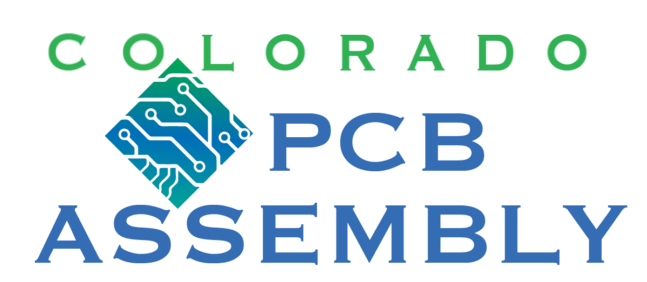Machine Assembly 101
We use machine placement for all SMT components for perfect quality and efficiency.
Pick and place machines are finely-tuned automated robots that pick each component from the tape or tray then place the component in the correct location. These machines rotate the component after picking it up to match the PCB’s footprint, then they take a picture of the bottom of the component to verify there are no bent leads or other defects, then they place the part on the PCB. It’s a simple maneuver, but there is so much more that happens in the background.
Machines can only do what we tell them to do, so machine placement starts with a pick and place file, or XYRS, which gives the X, Y, Rotation, and Side information to the machine. CAD software will export this information to a .txt that’s readable by the machine.
It is possible to take the raw files (BOM and XYRS), input them into the machines, and run the boards exactly as the files have been exported. What makes a good assembly company is the review that occurs prior to loading everything into the machine, to make sure there is perfect alignment between parts, boards, gerbers, BOM, and pick and place files prior to loading the machines. This process is known as DFA (Design For Assembly), an extension of DFM (Design For Manufacturing), which is common when printing bare boards.
As we program the machines during our DFA process, we combine the XYRS export, gerbers, and BOM into one 2D render of your PCB.
We have a comprehensive package library that we use to verify every SMT part on the BOM against the gerbers to ensure a perfect fit. Our engineers look up datasheets for each part to confirm the leads sit perfectly on the PCB pads. Our DFA reviews determine all of the following:
- Parts on the XYRS data missing from the BOM
- IC’s polarity and Pin 1
- IC part number vs PCB footprint match
- Missing thermal pads
- Diodes anode and cathode
- Passive footprint match
The most important part of our DFA review is that a person, a fresh set of eyes, is looking through the BOM, gerbers, XYRS, and assembly drawing to ensure every question that could arise during machine placement is answered prior to assembly. Nobody likes getting a call from their assembly house while the boards are running on the machines, asking where Pin 1 goes for U1.
SMT Machine Process
It’s go time! All the kinks have been worked out, parts have been verified, DFA is complete, and we’re ready to place some parts. Here is a step-by-step rundown of how it happens.
Machine Assembly Step 1: Load the Boards (set fiducials, arrange the array)
Machine Assembly Step 2: Load the Parts into the machine
Machine Assembly Step 3: Program the Machine
Machine Assembly Step 4: Apply The Paste
Machine Assembly Step 5: Hit Go!
Machine Assembly Step 6: First Article
Machine Assembly Step 7: Reflow
Machine Assembly Step 8: Repeat Steps 1-6 on 2nd side
Machine Assembly Step 9: Complete the remaining boards
Machine Assembly Step 1: Load the Boards
There are two ways to load boards onto the machine. We can use conveyors on the side of the machine to load them, just like an inkjet printer picks up paper as it prints, or we can lay the boards on the table in the machine.
Loading PCBs onto the machine can be simple and straightforward, especially with rectangular boards that have rails on two sides. The conveyors grab the two rails and feed the PCB into the loading bay.

Why Choose Machine-Assembly Over Hand Placement?
- ✅ Precision & Consistency: Uniform component placement
- ✅ Speed & Efficiency: Faster turnaround time, reducing production costs
- ✅ Better Soldering & Alignment: Improves electrical performance and reliability
- ✅ Scalability: Ideal for small to large production runs

How Our Machine SMT Assembly Benefits Your Products
Why We’re the Best Choice for SMT Assembly
| Feature | Our Machine SMT Assembly | Hand Assembly |
|---|---|---|
| Precision | ✅ High Accuracy | ❌ Difficult to place tiny parts |
| Speed | ✅ Fast & Scalable | ❌ Time Consuming, slower |
| Cost-Efficiency | ✅ Lower Cost in Volume | ❌ Labor Intensive |
| Quality Control | ✅ AOI & Automated Testing | ❌ Manual Inspection |
Get High-Quality SMT Assembly Today!
We guarantee machine-placed precision for all your PCB needs. Contact us for a free quote!

Do you ever use hand assembly for SMT?
Only when it’s requested by our customer, and even then we can still use solder paste and a stencil.
What industries do you serve?
We cater to automotive, medical, aerospace, and consumer electronics.

